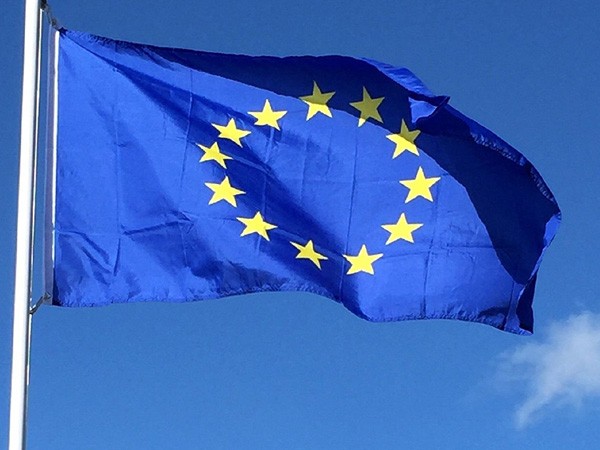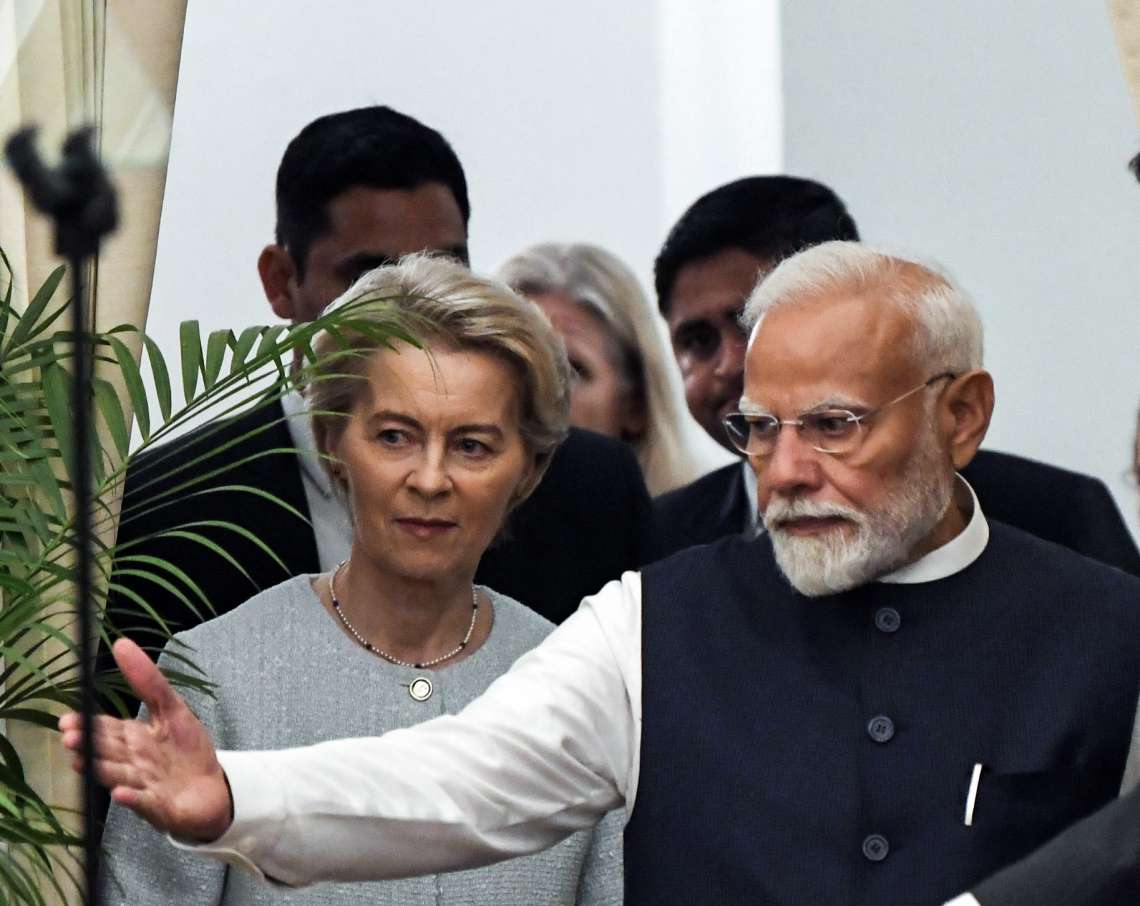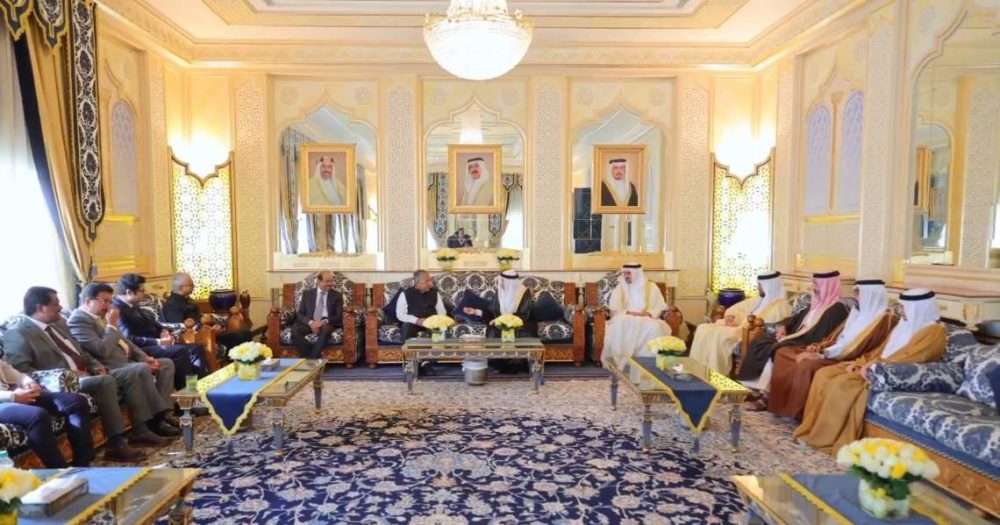The ReArm Europe plan, which was announced earlier this month, includes 150 billion euros of loans that member states can access to invest in defense and security capabilities
The European Union has plans to step up its defense spending in a big way — but some leaders want it to go even further as geopolitical tensions heighten.
The European Commission, the executive arm of the EU, earlier this month proposed measures that could bring about 800 billion euros ($867 billion) in new defense spending. These measures have yet to be approved by the various EU capitals, but have been enough to boost EU defense stocks since the plan was announced.
The current measures are “an important step in the right direction,” but “maybe we need to be more ambitious,” Greek Prime Minister Kyriakos Mitsotakis said on the sidelines of a European Council summit.
The ReArm Europe plan, which was announced earlier this month, includes 150 billion euros of loans that member states can access to invest in defense and security capabilities. These funds will, however, only be made available if at least 65% of the cost of production takes place in the EU, Norway or Ukraine.
The proposal also allows for a temporary relaxation of the bloc’s fiscal rules to enable member states to use public funding for defense on a national level. Lending from the European Investment Bank, the EU’s investment bank, would also be available.
“I’m happy about the fact that member states now will have more fiscal flexibility within the confines of the stability pack to spend more on defense,” Mitsotakis said, adding that perhaps the plan could go further.
“This should not just be a question of loans, as is currently the case. I think we also need to seriously discuss the possibility of a facility, a joint borrowing facility, that would also offer grants to member states,” he said.
Other leaders, such as Latvian Prime Minister Evika Siliņa, struck a similar tone.
She said she was supportive of the package that — even a year ago — likely would not have happened. The country has long been supportive of a stronger Europe that spends more on security and defense, she said.
“I believe we should discuss even more possibilities for financial resources,” Siliņa said, noting that administrative burdens also needed to be reduced to support the military industry.
Lithuanian President Gitanas Nausėda echoed calls for further financial instruments to be included in the EU’s defense plans. “I think this is only the start,” he told Amaro, explaining that options such as grants also needed to be considered.
“We would like to see the mix, like in the case of [the] pandemic, we would like to see the mix of instruments, borrowing and grants mixing,” he said.
Looking beyond the amount of cash allocated to defense spending, Luxembourg’s prime minister Luc Frieden said the most important question is what it will be spent on.
“I think financing is always the second thing,” he said. “You first need to know what you are doing … Then we need to finance, mainly through our national budgets and in addition with some European funds,” he said.
“But first let’s discuss how we do it, how we do it better, how we do it more in common, more coordinated,” Frieden added. European Central Bank member and Bank of France Governor Francois Villeroy de Galhau on Thursday seemed more hesitant about increasing defense spending, however.
He told French broadcaster BFM TV that while it was necessary for the country to ramp up defense expenditures, “we cannot have a policy of spending whatever it takes.”
Last week, the European Commission has announced it would launch “swift and proportionate countermeasures” on US imports into the European Union in response to the tariffs imposed by the US on EU steel and aluminium imports.”
The European Commission expressed regret over the US decision to impose US tariffs, calling them “unjustified, disruptive to transatlantic trade, and harmful to businesses and consumers, often resulting in higher prices.”
According to the statement, the EU Commission will allow the suspension of existing 2018 and 2020 countermeasures against the US to lapse on April 1. These countermeasures target various US products that respond to the economic harm done on 8 billion Euros of EU steel and aluminium exports.
In response to US tariffs affecting over EUR18 billion of EU exports, the EU Commission is putting forward new countermeasures on US exports. The new countermeasures will come into effect by mid-April, following consultation of Member States and stakeholders.
In a statement, the EU Commission stated, “In total, the EU countermeasures could therefore apply to US goods exports worth up to EUR26 billion, matching the economic scope of the US tariffs. In the meantime, the EU remains ready to work with the US administration to find a negotiated solution. The abovementioned measures can be reversed at any time should such a solution be found.”














